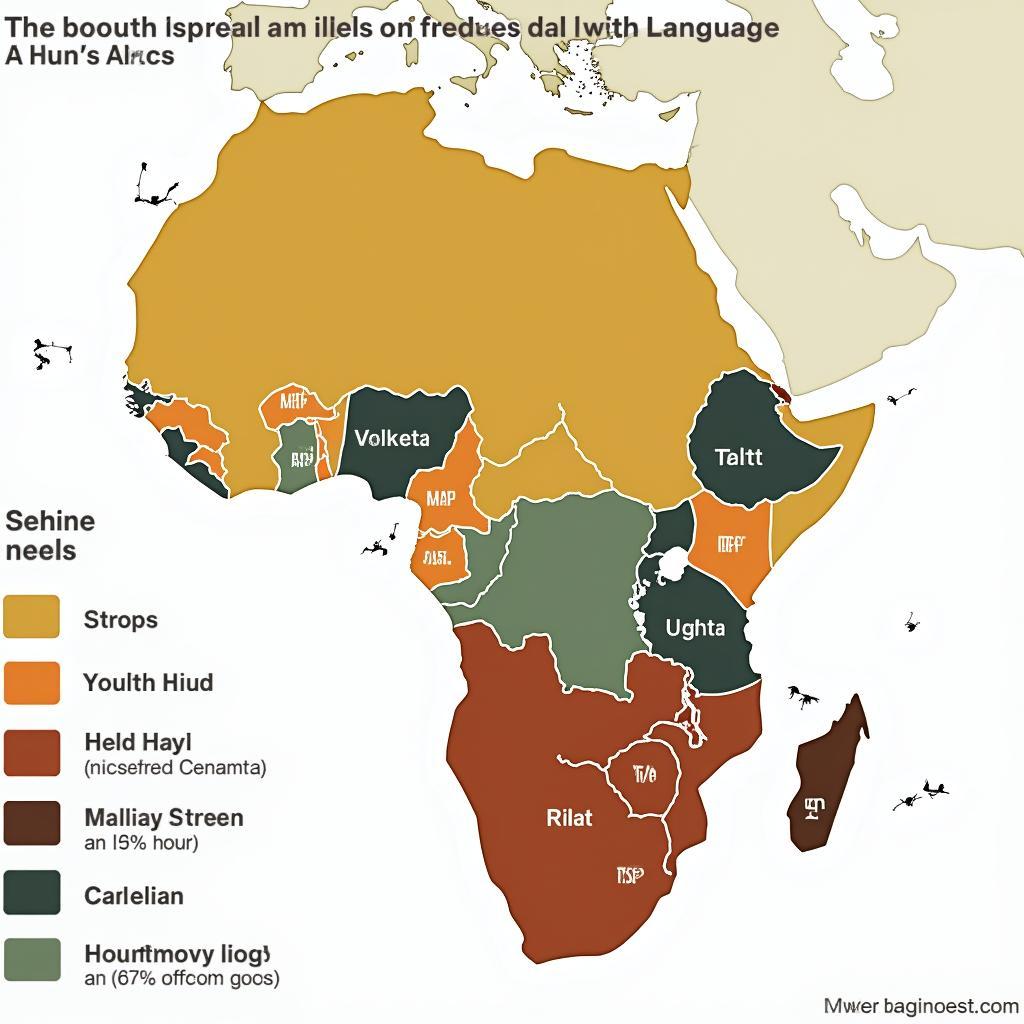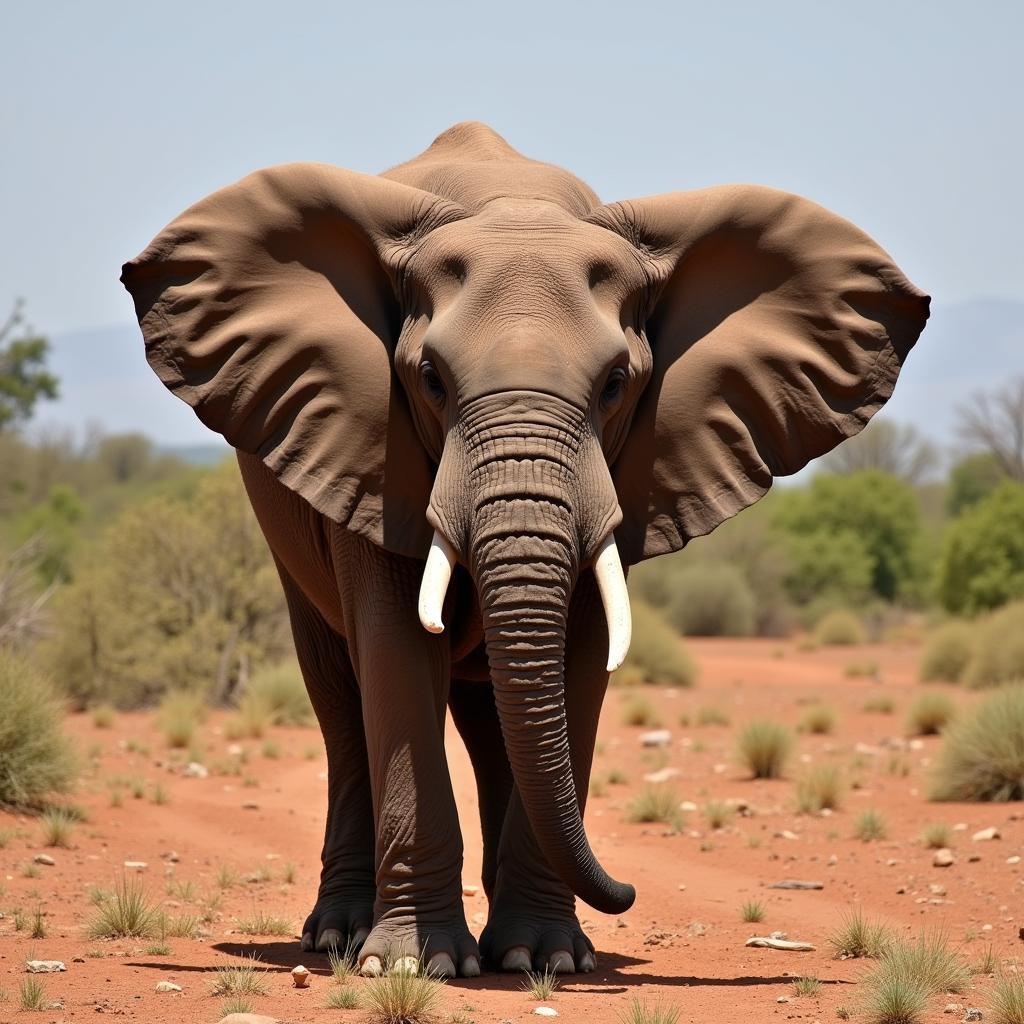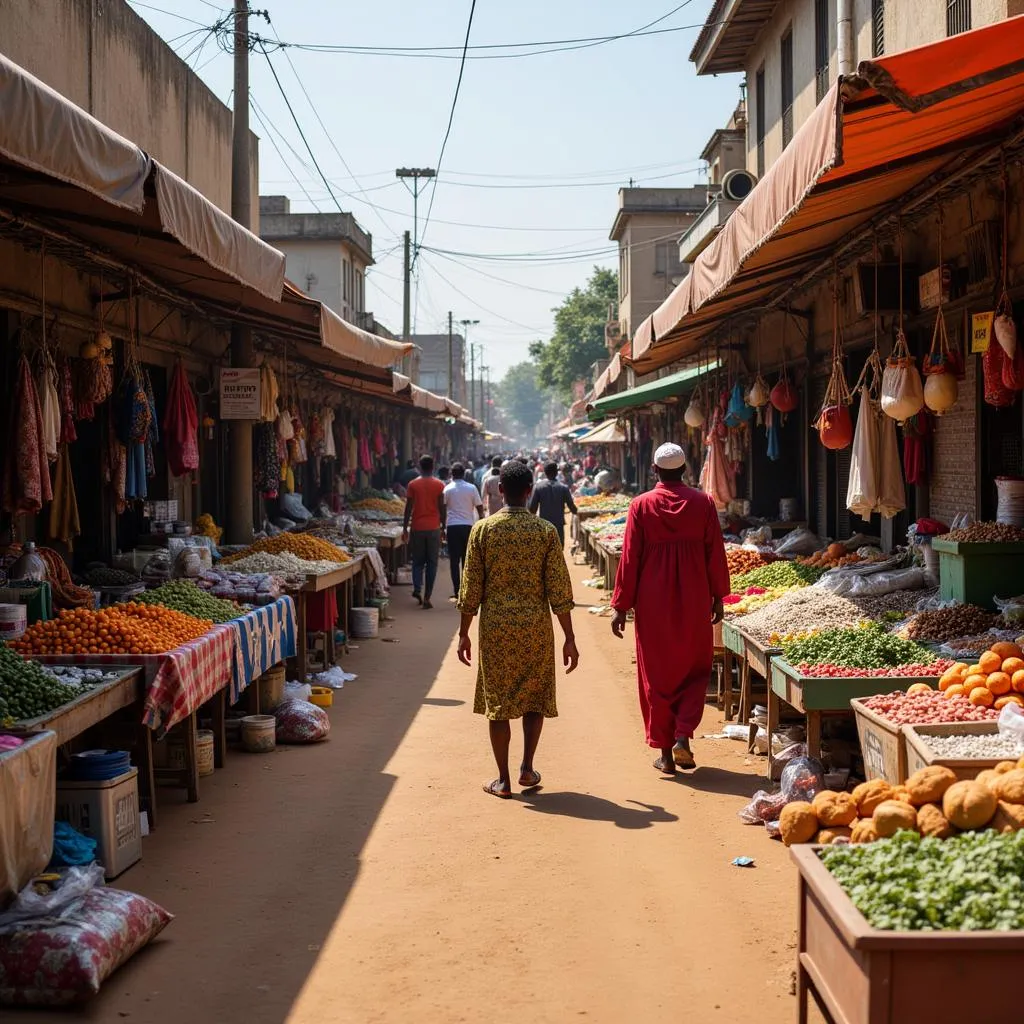Exploring the Rich Tapestry of African Dialects
African Dialects represent a vibrant tapestry of linguistic diversity, reflecting the continent’s rich history, cultural nuances, and complex social structures. Understanding these dialects offers a crucial gateway into appreciating the depth and breadth of African cultures. From the click consonants of Khoisan languages to the tonal variations of Niger-Congo languages, the sheer variety of African dialects is staggering. This exploration delves into the fascinating world of African dialects, examining their origins, evolution, and the challenges they face in a rapidly globalizing world.
The vast expanse of the African continent is home to an estimated 2,000 languages, many of which are further subdivided into countless dialects. These dialects often represent subtle variations in pronunciation, vocabulary, and grammar, and can sometimes be mutually unintelligible even within the same language family. This linguistic diversity is a testament to the continent’s rich cultural heritage, reflecting centuries of migration, trade, and intermingling of different ethnic groups. It also highlights the importance of language preservation efforts in maintaining cultural identity and promoting intercultural understanding.
The Origins and Evolution of African Dialects
The origins of African dialects can be traced back to several major language families, including Afro-Asiatic, Niger-Congo, Nilo-Saharan, and Khoisan. The Niger-Congo family, the largest in Africa, encompasses languages like Swahili, Yoruba, and Zulu, each with its own distinct dialects. Understanding the historical relationships between these language families provides valuable insights into patterns of migration and cultural exchange across the continent. For instance, the Bantu expansion, a series of migrations of Bantu-speaking peoples across sub-Saharan Africa, played a significant role in shaping the linguistic landscape of the region. The spread of Bantu languages led to the development of numerous dialects, often influenced by the languages of pre-existing communities.
The influence of colonization also left a lasting impact on African dialects. European languages, such as English, French, and Portuguese, became official languages in many African countries, leading to the development of unique African English Dialect, as seen in various publications. This linguistic contact has resulted in code-switching, borrowing, and the emergence of new creole languages, further enriching the already diverse linguistic landscape.
 African Language Families and Historical Migration Patterns
African Language Families and Historical Migration Patterns
Challenges and Opportunities for African Dialects in the Digital Age
In today’s interconnected world, African dialects face both challenges and opportunities. Globalization and the dominance of global languages can pose a threat to the survival of lesser-known dialects. Language endangerment is a serious concern, with many dialects facing extinction due to lack of use and transmission to younger generations. You can find more information on related topics like African American Short Stories for Kids and African Countries with Arabic as National Language on our website. However, the digital age also presents opportunities for language preservation and revitalization. Online platforms, digital dictionaries, and language learning apps can provide valuable resources for documenting and promoting the use of African dialects. Initiatives focused on creating digital content in African languages, including African Database, are crucial for ensuring their continued vitality.
How Can We Preserve African Dialects?
Preserving African dialects requires a multifaceted approach involving community engagement, educational initiatives, and government support. Promoting language use within families and communities is essential. Integrating dialects into educational curricula can also help instill a sense of pride and ownership among younger generations. Furthermore, government policies that support language preservation efforts, such as funding research and development of language resources, are crucial for ensuring the long-term survival of African dialects. Is African Language Name is Tamil? Check our article for clarification.
Conclusion
African dialects are an invaluable part of the continent’s cultural heritage, reflecting its rich history and diverse communities. Understanding and appreciating these dialects is crucial for fostering intercultural understanding and promoting social cohesion. By embracing the diversity of African languages and investing in their preservation, we can ensure that these linguistic treasures continue to thrive for generations to come. Continue exploring the world of languages and cultures on our website, where you can also find information about African English Dialect.
FAQ
-
How many dialects are there in Africa? It’s estimated that Africa has thousands of dialects, stemming from around 2,000 distinct languages.
-
What is the largest language family in Africa? The Niger-Congo language family is the largest in Africa, encompassing languages like Swahili and Yoruba.
-
Why are African dialects important? They are vital for cultural preservation, identity, and understanding Africa’s diverse history.
-
What are some threats to African dialects? Globalization, dominance of major languages, and lack of intergenerational transmission.
-
How can we help preserve African dialects? Support community-based language initiatives, encourage language use in education, and advocate for government policies that promote language preservation.
More Questions? Explore these related topics:
- How dialects evolve within language families.
- The role of oral tradition in preserving African dialects.
- The impact of technology on African language use.
For further assistance, contact us:
Phone: +255768904061
Email: kaka.mag@gmail.com
Address: Mbarali DC Mawindi, Kangaga, Tanzania. We have a 24/7 customer service team available to assist you.


